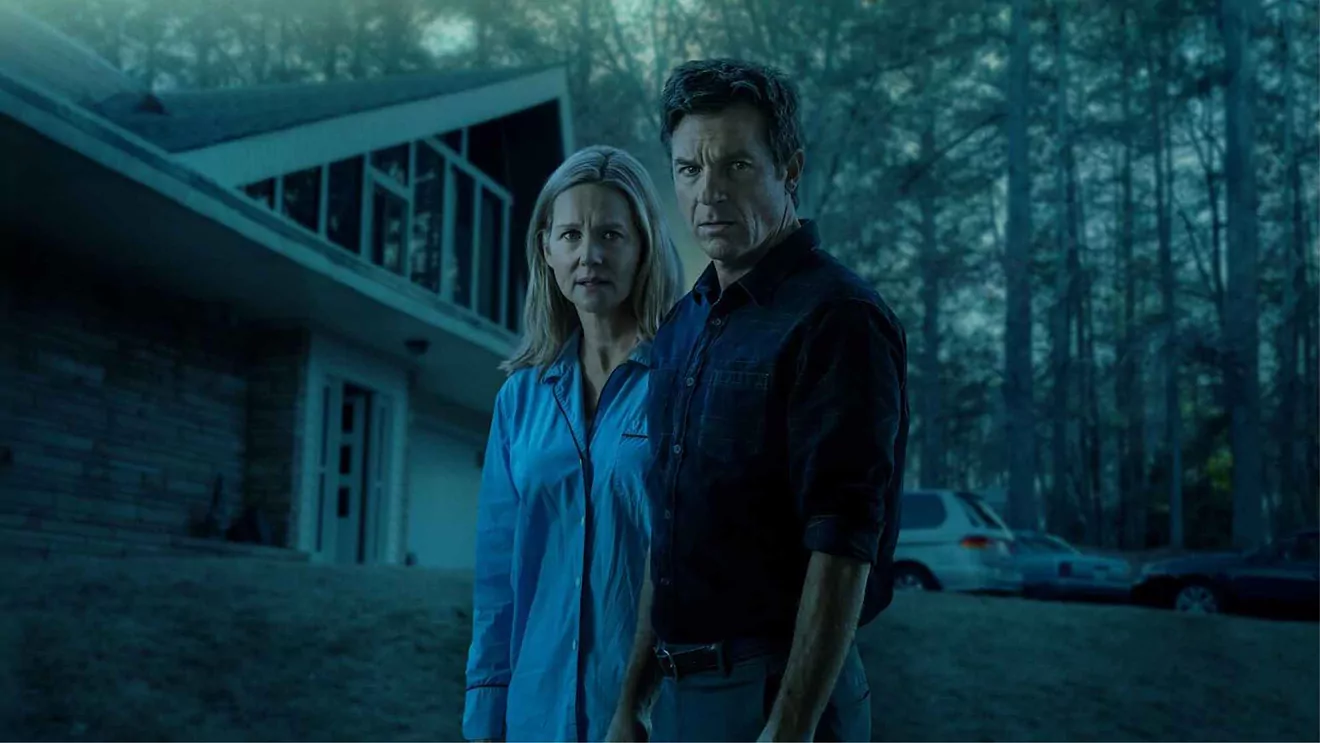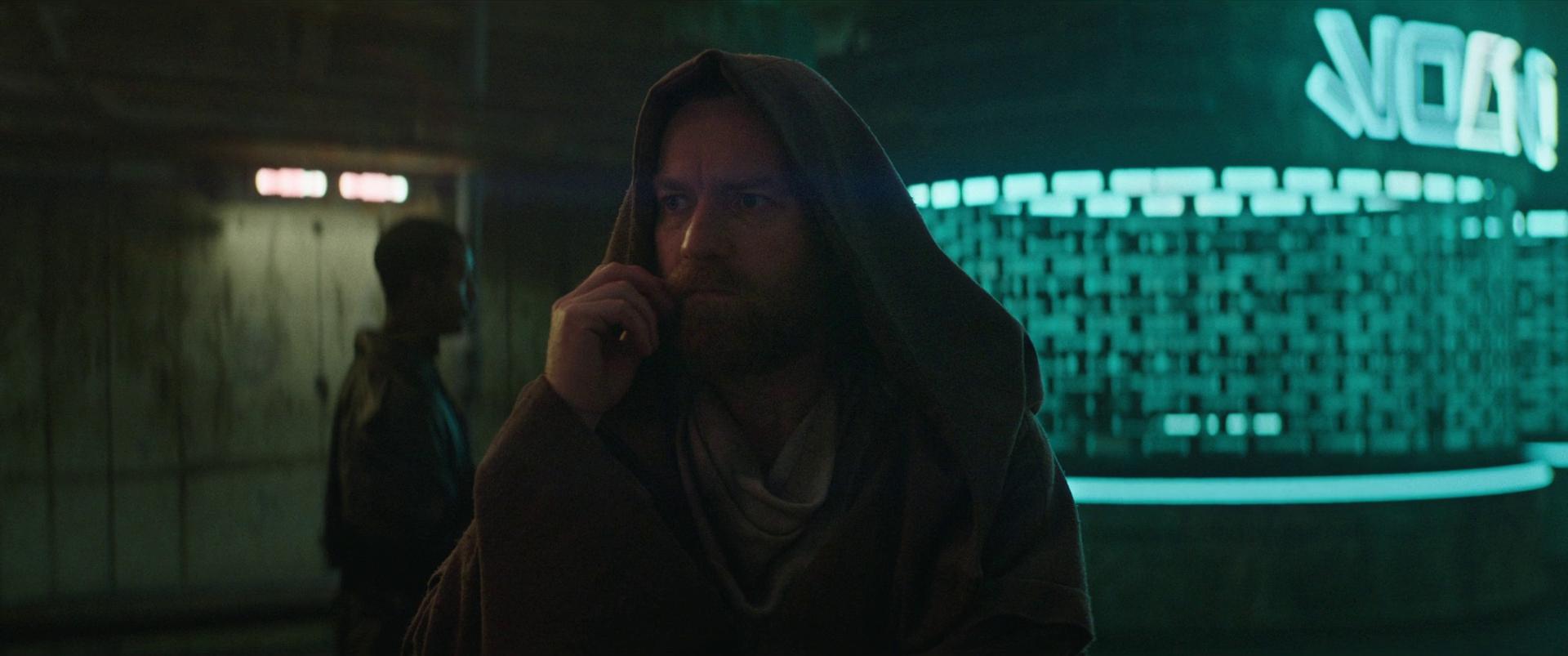One summer when I was eight, my parents took my sister and I on a canoe trip. The river was low and fast, and we kept grounding on sandbars—until one bend in the river, when the sandbar we hit flipped our canoe and dumped us into the deep water on the other side. Deep for my sister and I, at least; she would’ve been 3 or 4 at the time. Thankfully, I was able to grab both my sister and a tree branch that was hanging over the river, and I held her head and mine above water until my dad made his way to us and took us to the bank.
For thirty years, I remembered that canoe trip, hanging on to the pride of that minor bit of heroism. I remembered holding my sister’s hand in one hand and the tree branch in the other. I remembered losing the pop tarts my mom had brought as a snack when the canoe flipped. But then, a few months ago, I was reminiscing about that time with my mom.
“I remember that canoe trip,” she said, “but your dad is the one who saved you and your sister.”
“Oh I know,” I told her, “he came and grabbed us off the tree.”
Then, she retconned my life.
“No, I mean your dad grabbed both of you out of the water.”
I was floored. I’m still not sure I believe her. That event had become a part of my life’s canon, and hearing a different version of the story felt like a sudden tectonic shift.
This spring, some superfans of the two biggest science fiction franchises cried foul as both Obi-Wan Kenobi and Star Trek: Strange New Worlds seemed to have retconned some of the histories of their respective franchises. “Obi-Wan can’t have an adventure with her,” they complain. “Oh, that side character can’t die, he’s supposed to get killed in a different TV show later!” On the other side, “but they can’t be in a room together, Spock isn’t supposed to have seen her since they were children!” Or “Pike can’t meet those aliens, because Kirk didn’t know about them!”
Sure, the issues noted are hardly tectonic shifts in the grand scheme of the stories they’re being told in, let alone when considered with perspective. They’re not even as big a deal as my sudden need to wrestle with whether or not I heroically saved my sister from drowning in Sugar Creek in the summer of 1993. And they’re probably really just symptoms of the entertainment industry’s need to make everything tie together and connect, mixed with their sudden insistence on churning out prequels and remakes.
But in broad strokes, canon is important.
Canon as a Setting
Adam Pranica, a Star Trek podcaster, has coined the term “Star Trek as a Place” when talking about stories that make the world feel more full, more real; of course there would be a fully-realized legal system in Star Trek, for instance, so writing a courtroom drama set in the Federation makes perfect sense.
It’s true. Some of the best Trek stories aren’t purely science fiction stories; they’re stories from other genres being told using the Star Trek pieces and parts (“The Measure of a Man” is really a courtroom drama, and “The Thaw” is actually horror). It’s the same for Star Wars, too; The Mandalorian is a Western set in a galaxy far, far away. Rogue One is a war movie. Marvel does it, too (Captain America: The Winter Soldier). Tolkien went to great pains, using these techniques to make his world feel like a real place
But our favorite franchises are only “a place” because of their canon. The Twilight Zone doesn’t have a single unified canon, and it’s not a place. If you set any of those shows on Battlestar Galactica, it becomes a different story entirely. They draw on and build on that canon for their identity. The canon grounds the story, giving us a cast of characters (among other things) that make the story uniquely of that “place.”
And that’s because our whole existence is a story, with backstory and prologue and chapters and characters. Our world is the intersection of billions of stories, entwining in a shared universe that was spun into existence with a story: “let there be light.” We have a canon. And so the most realistic characters and stories we encounter are also canonical, in a way.
Without our canon, we lose our identity. We all become the same. We may still have our essence, but we no longer have the back story that made us who we are.
I lost one small piece of my personal canon and it shook me to the core. So I understand, in a way, why a change to someone’s beloved childhood hero might cause distress; unmoored from that which came before, are they even the character I fell in love with? Without the history I’ve always associated with that place, is it still a setting I would like to be in? What else might the writers decide to retcon?
The Dreaded Retcon
Some retcons aren’t tectonically destructive, though. Obi-Wan Kenobi tells Luke in A New Hope that Vader “betrayed and murdered” the younger Skywalker’s father. That little bit of misdirection not only helped Vader’s line at the end of The Empire Strikes Back hit harder, it also gave Luke an entire subplot in Return of the Jedi as he wrestles with whether or not he can trust Kenobi after he lied to him.
Even a film as universally adored as The Wrath of Khan retconned Chekhov onto the USS Enterprise during season one of The Original Series (before Walter Koenig was hired), to make the story better. It also retconned a new lover into Kirk’s past in Carol Marcus, someone he’d never talked about before even though they had been close enough to have a child together.
And beyond the “Star—” franchises, we’ve seen Marvel retcon the story of cartoonish comic book villains into a deep, layered, terrifying villain with Infinity War‘s Thanos, and even into a charming hero with Loki‘s Loki. Tolkien even did it, retroactively changing some events in The Hobbit to better fit the new version of the story of the One Ring he’d cooked up in The Lord of the Rings.
When done well, implemented subtly and with grace, a retcon can turn an interesting backstory into the grounds for something truly legendary. It can reframe our understanding of an event or character, give us more context, rehabilitate a character we thought irredeemable, or erase a more boring mistake in favor of an interesting story conceit.
Now, while it may seem like this is a writer’s luxury that real people cannot engage in, my mom’s sudden revelation proves that isn’t the case. But one of your core memories doesn’t need to be blown up in an unsuspecting moment to get the benefits of a retcon.
You can’t change the past, of course. What happened in your life and history really did happen. But you can be open to correction on the facts, learn to understand better what happened, or reframe the events so that you experience them differently. It’s not easy. You might need help.
Therapy can retcon your emotions and reframe your memories. Working for and with something greater can retcon your purpose. Deciding to be kind and respect the inherent dignity of others can retcon your hatred.
And, of course, meeting Christ can retcon your very identity.
So don’t flee either canon or retcon. Be rooted in the truth; in the truest version of it, which insists that you’re worthwhile. And if your history doesn’t tell the story you want it to…change it.



1 comment